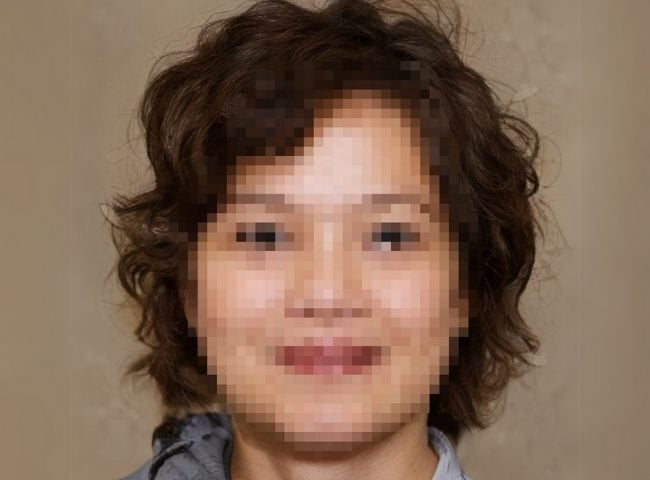Meet Tara

Tara's story
Electrolysis Support Fund recipient
Tara (they/them) is a 24-year-old non-binary transfemme South Asian immigrant navigating an intense period of instability and estrangement. “I put off laser and electrolysis when I began transitioning because it didn’t feel like the top priority,” they share. “Now I regret waiting—my life has taken a bad downturn, and I’m trying to reclaim some control.”
Tara has endured a series of deeply challenging experiences. They’ve survived two car accidents in a short period of time, all while managing recent and distressing health news related to aneurysms. The financial and emotional impact has been compounded by being abandoned by their family and losing access to health insurance tied to a state they no longer feel safe in.
In an effort to create safety, Tara used the last of their healthcare savings and settlement money to move, not just for themselves, but to support other trans people in unsafe situations. Tragically, the environment they moved into turned out to be unsafe, leaving Tara without support or repayment, and adding to their sense of powerlessness. “I tried to take care of others first,” they explain, “but now I need to be able to take care of myself.”
Receiving electrolysis would offer Tara a much-needed moment of relief and autonomy. “This would be one thing in my life I don’t have to keep fighting for,” they say. “Just one thing that helps me feel like myself again.”
Tara's timeline
-
Award Granted
April 24, 2025
Tara was awarded a grant toward permanent hair removal!
About Hair Removal: Femme Award
On average, it costs $2,300+ for Tara's care.
- What is it?
- Before care
- After care
What is it?
Point of Pride provides grants to trans femme people seeking hair removal on their face, neck, or an area of the body in preparation for bottom surgery.
What is life like for a person who needs this care?
For trans femme folks, particularly trans femmes of color, access to facial hair removal often equates to safety against anti-trans violence or discrimination. It's common for applicants to note issues with employment and public safety, particularly if their facial hair is dark or thick. Electrolysis and laser hair removal services are often deemed cosmetic and therefore not covered by health insurance plans.
What is the impact of this care on the recipient’s life?
Access to hair removal often leads to a more positive emotional well-being, increased confidence, increased safety when in public, and better opportunities at employment and more.
Your support funds healthcare that's
life-changing. Life-saving. Life-giving.